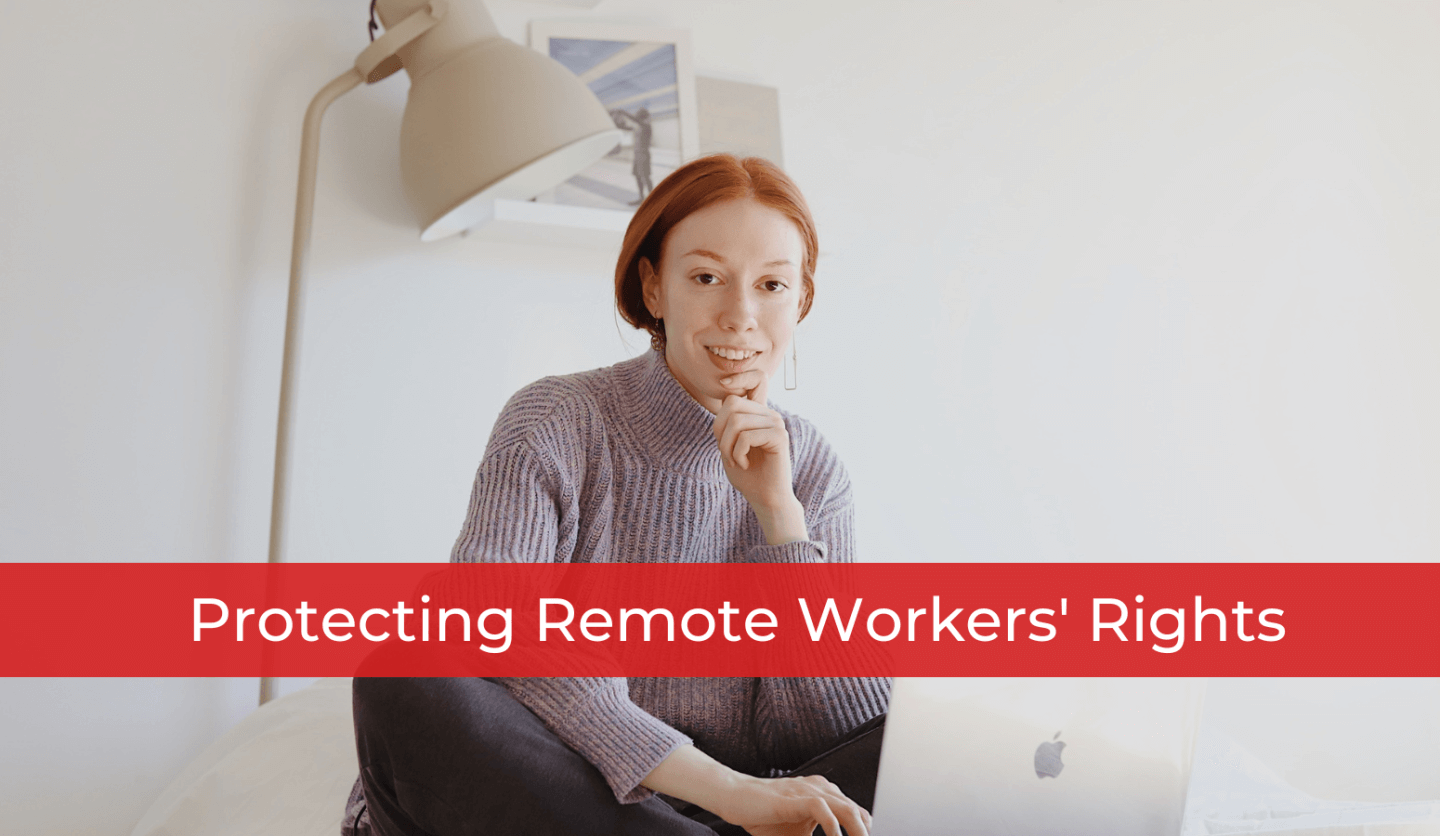
Protecting Remote Workers’ Rights
There was a significant boom in the number of employees working remotely as a result of the COVID-19 pandemic. However, as society starts to increasingly return to normal, a lot of companies who grew their workforce during the peak of the pandemic and who had significant growth of their remote workforce are now considering reducing their workforces back to pre-pandemic levels. This raises a number of considerations for both employers and employees, especially in light of changes to remote worker rights that are coming in Ontario.
Why reviewing employment agreements for remote work arrangements is crucial for protecting remote workers’ right?
Unless it is explicitly laid out in your employment agreement, employees do not have the right to choose whether they want to work remotely or come into the office. However, the COVID-19 pandemic created a new norm of remote work arrangements, and many employees do not want to return to going back to the office every day. In fact, a recent poll suggests that 80% of Canadians would begin looking for another job if their employer mandated that they return to the office 100% of the time. As of Q4 in 2022, approximately 2.2 million Ontarians worked remotely at least part of the time. The Ontario government is working to ensure that remote workers are afforded the same protections under Ontario’s Employment Standards Act, 2000 (the “ESA”) as workers who are present in-person. For example, one of the proposed new changes includes the mass layoff language in the ESA being updated to account for remote workers.
Seeking legal advice for navigating remote work policies, terminations, and protecting remote workers’ rights.
Employers who are looking to layoff remote workers must consider additional factors such as the fact that the termination meeting is likely to happen over a videocall or phone call, as opposed to in-person as it would have mostly been done pre-pandemic. Employers will want to think about things like cybersecurity and how to conduct the meeting in the most humane way possible when conducting remote terminations.
Both employees and employers alike can benefit from legal advice to better understand their rights and obligations with regards to remote work policies and terminations. We at Whitten & Lublin are happy to provide insight and advice into your specific circumstances. If you are looking for employment lawyers and would like more information about what Whitten & Lublin can do for you, please contact us online or by phone at (416) 640-2667 today.
Author – Rachel Patten



